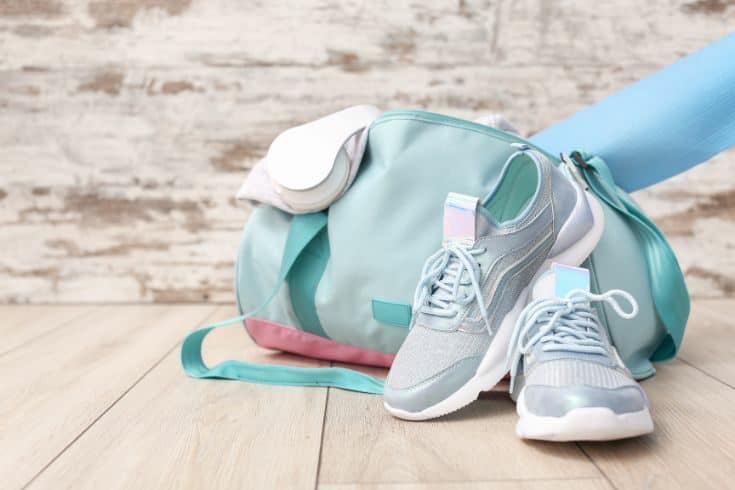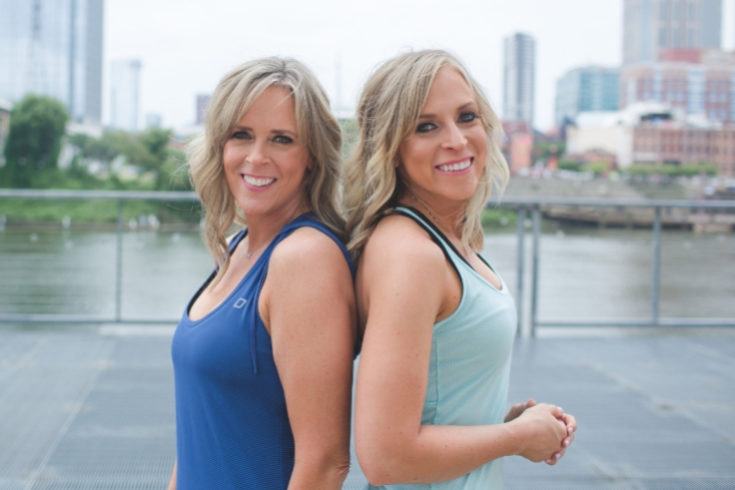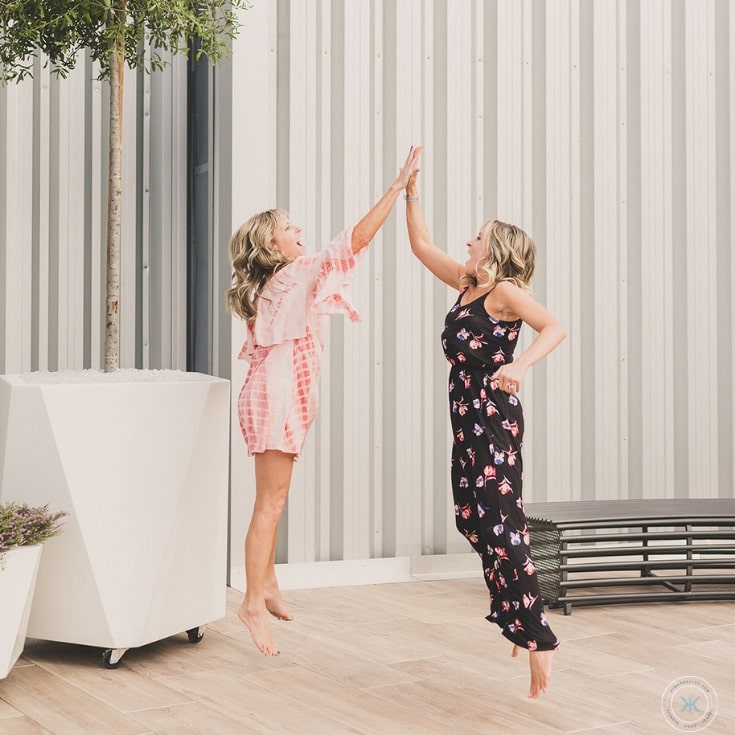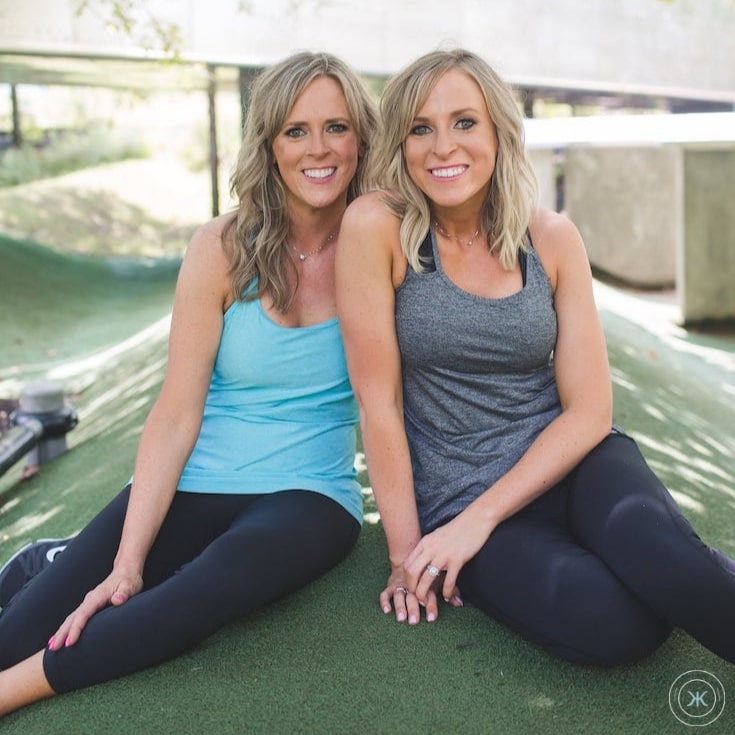Matt Molen's Email Crush (formerly Email on Autopilot) teaches you how to use Convertkit and create an email marketing strategy, but is it effective? See our results! Since going through his email marketing class, Email Crush we've tripled our email sign ups! We went from less than 200 opt-ins a month to 600 in our first month and nearly 1200 in our second month! Before committing to Email ...











